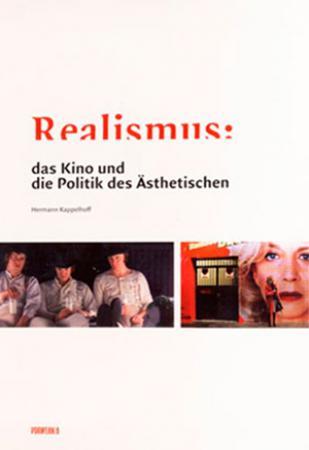Realismus. Das Kino und die Politik des Ästhetischen.
Hermann Kappelhoff – 2008
Since the avant-gardes of the 1920s, an aesthetic utopia has been associated with the cinema. This utopia aims at the expectation that the cinema is able to accomplish what one cannot expect from the existing political institutions: Namely to relate the concrete living conditions as sensual and perceptual conditions to the singular individuals’ horizon of experience. This does not refer to the approach of concretely representing abstract relations of power, dependency and hierarchy, that are founded on political analysis, through the help of film. Rather, a fundamentally different understanding of politics is expressed here, which conceptualizes cinema as an experience space in which a life-worldly nexus becomes accessible for the singular individuals that is denied in their everyday consciousness. Film appears as a possibility for making the societal, historical, and media-based conditions that define the space of everyday perception and thus the sensory experience of the world, more tangible, vivid, and evident. This book questions the current relevancy of this utopia. The author journeys through the history of cinema, in order to work out in studies on directors as diverse as Eisenstein, Visconti, Fassbinder, Friedkin, and Almodóvar, as to how the becoming vivid of history and society concretely presents itself. During this, new perspectives towards the relation of cinema and politics are developed while taking into account writings by Kracauer, Brecht, and Rancière. It is demonstrated how in the end, it is mostly the spectator who is able to redeem the cinema’s aesthetic utopia: to him, the films are a tool with which he can question and relocate his place within society.
